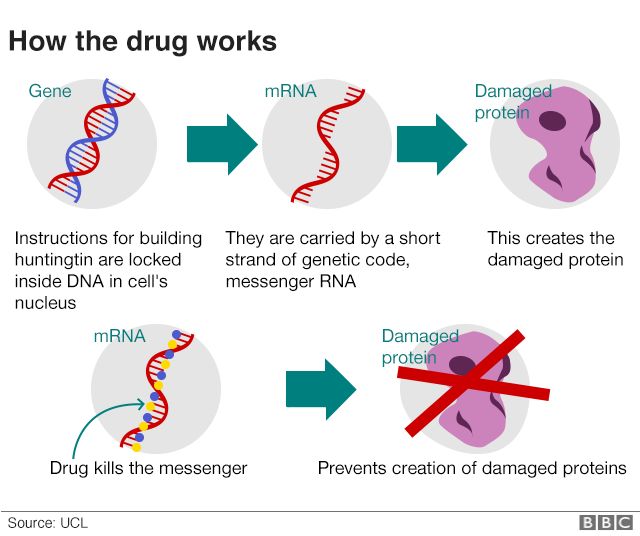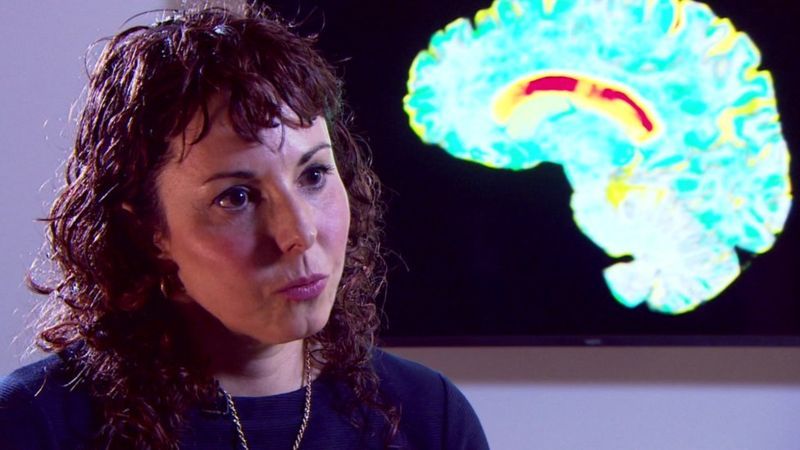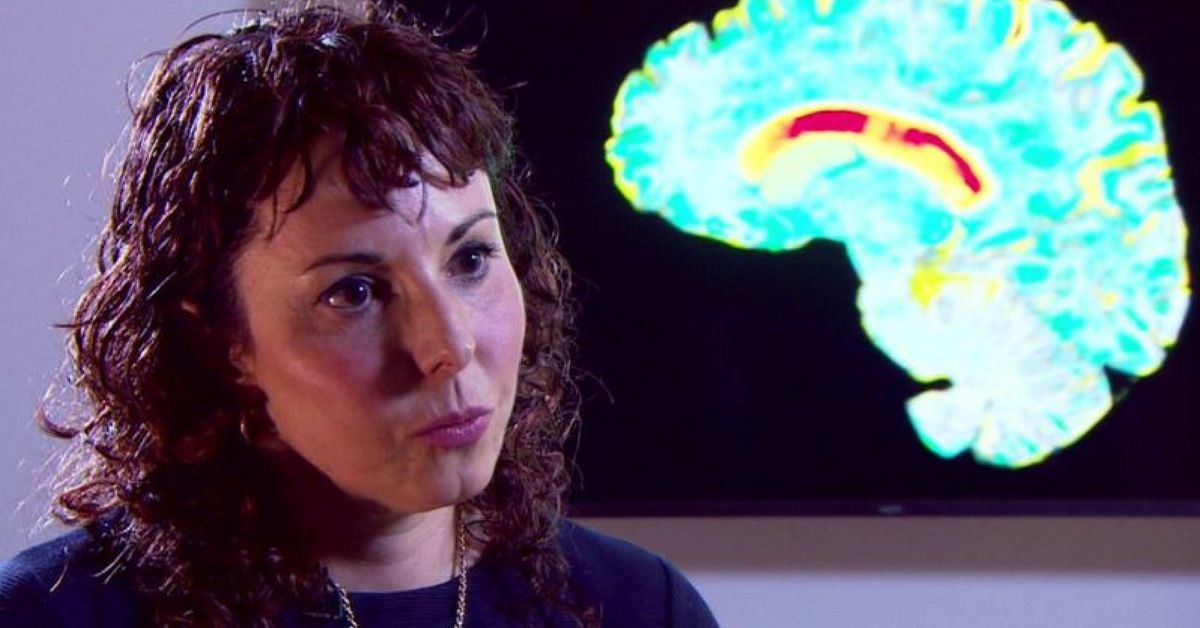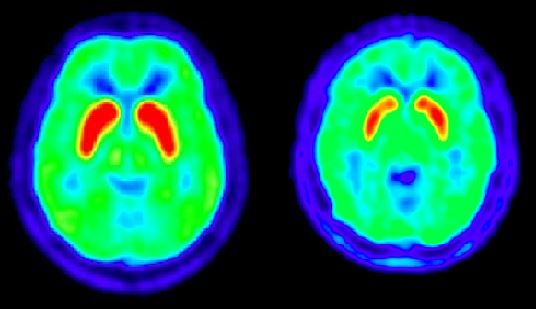Huntington's disease is one of the most devastating illnesses that can affect a person. It's often referred to as what it would be like if Parkinson's, Alzheimer's and ALS were all rolled into one condition.
However, the drastic impact it has on a person and their family may be a thing of the past. There is a new glimmer of hope, thanks to a study done in London which may have finally found a way to treat and prevent the disease.
Huntington's occurs when there is an error in the DNA. The area which is responsible for making a protein called 'huntingtin' is affected, and instead of making the necessary protein, the mutated cells cause certain areas of the brain to die. It causes physical symptoms like difficulty walking, talking, and even swallowing. Cognitively, Huntington's makes it difficult to recall information or remain focused. It also is known to cause depression, anxiety, and obsessive behavior.
There has never been a cure for the disease, but finally scientists have created a "groundbreaking" drug that might be the answer we have all been looking for.
The trial included 46 patients, and the hope was that the drug would be able to prevent the creation of the damaged proteins so that it won't harm the patient's body.

"For the first time we have the potential, we have the hope, of a therapy that one day may slow or prevent Huntington's disease." Lead researcher, Sarah Tabrizi, said. "This is of groundbreaking importance for patients and families."
After injecting the drug into the patients, they found that it greatly reduced the levels of huntington in the brain, which means that it would slow, or even stop, the degeneration that the disease could cause.
Animal tests that took place before these human trials showed that some motor function could be recovered after injecting the drug. The trial will continue to see how it affects patients long term, but so far scientists from all fields of research are excited.

John Hardy, an award-winning researcher on Alzheimer's, said, "I really think this is, potentially, the biggest breakthrough in neurodegenerative disease in the past 50 years. That sounds like hyperbole - in a year I might be embarrassed by saying that - but that's how I feel at the moment."
The full details of the study will be published next year, but so far we know that it has "substantially exceeded" expectations and is a huge step towards curing this disease.
If you are interested in learning more about the disease, or how you can help, click here.


